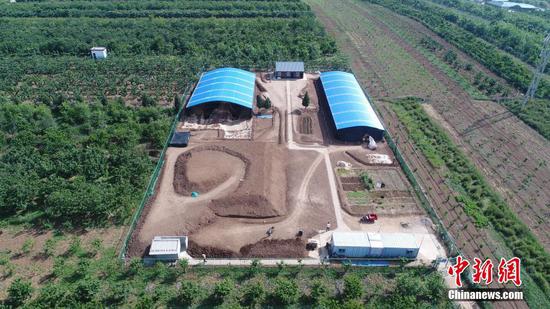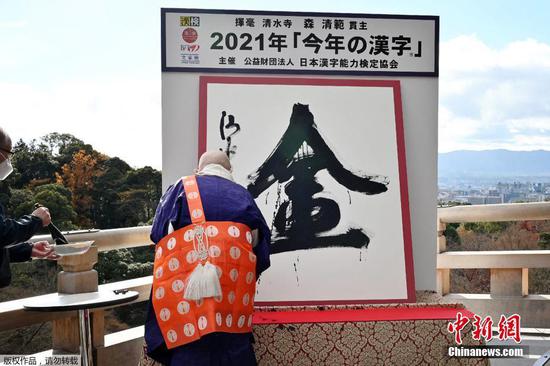The nearing adoption of a registration-based IPO system across China's A-share market will mark a significant milestone in the country's capital market reforms and be a boon for the real economy, experts said on Tuesday.
"We are eager to see that the registration-based system will be launched on all the boards as it will help shorten the IPO process, ease listing requirements and boost the appeal of the A-share market relative to overseas listing venues," said David Chin, head of investment bank in Asia-Pacific for UBS, the Swiss bank.
Though the precise timing of the full implementation of the registration-based system is not clear yet, the market may "not need to wait for long", said Chin, who also heads UBS China.
The remarks came after the Central Economic Work Conference, a top-level meeting that concluded on Friday, listed the full implementation of the registration-based stock issuance system as one of the key reform tasks for next year.
The China Securities Regulatory Commission also said in a statement on Monday that it will carefully make preparations of all kinds to ensure the smooth rollout of the system across the whole market.
Taking registration-based reform as a driving force, the CSRC will also push ahead other reforms in a coordinated way, including improving the quality of listed firms, perfecting delisting mechanisms and developing a multilayered capital market system, the statement said.
Widely used in overseas markets, the registration-based system refers to an IPO mechanism that features the market's decisive role in new share sales and listing standards friendly to growth-oriented companies.
In the A-share market, the system was first piloted on Shanghai's STAR Market in 2019 and then on Shenzhen's ChiNext last year. The Beijing Stock Exchange, which debuted last month, also adopted the registration-based reform. Only the main boards of the Shanghai and Shenzhen exchanges have yet to adopt the system so far.
The foundation for expanding the registration-based reform onto the main boards has been gradually built up, thanks to steady performance of pilot programs and continuous improvements in relevant rules, experts said.
Launching the registration-based system on the main boards will mark a significant breakthrough as it will have a bearing on a wide range of investors and listed firms, they added.
According to official data released in October, the main boards have more than 3,100 listed firms and approximately 190 million investors. The latter is 22 times as many as on the STAR board and four times as many as the ChiNext.
"The full implementation of the registration-based reform will be of significance as it will let the capital market play a greater role in the country's high-quality development," said Wang Yifeng, an analyst with Everbright Securities.
The reform will motivate technological innovation and boost the development of private and small and medium-sized enterprises by encouraging more technology and smaller firms to seek financing in the capital market, Wang said in a note.
With the registration-based reform set to increase the number of listed firms, pricing efficiency of the A-share market will get a boost as investors funnel their money into quality firms and discard those with less attractive fundamentals, he said, adding that price drops for newly listed shares will also become more commonplace.
China's A-share market closed lower on Tuesday, with the benchmark Shanghai Composite Index shedding 0.53 percent to finish at 3661.53 points.


















































 京公网安备 11010202009201号
京公网安备 11010202009201号